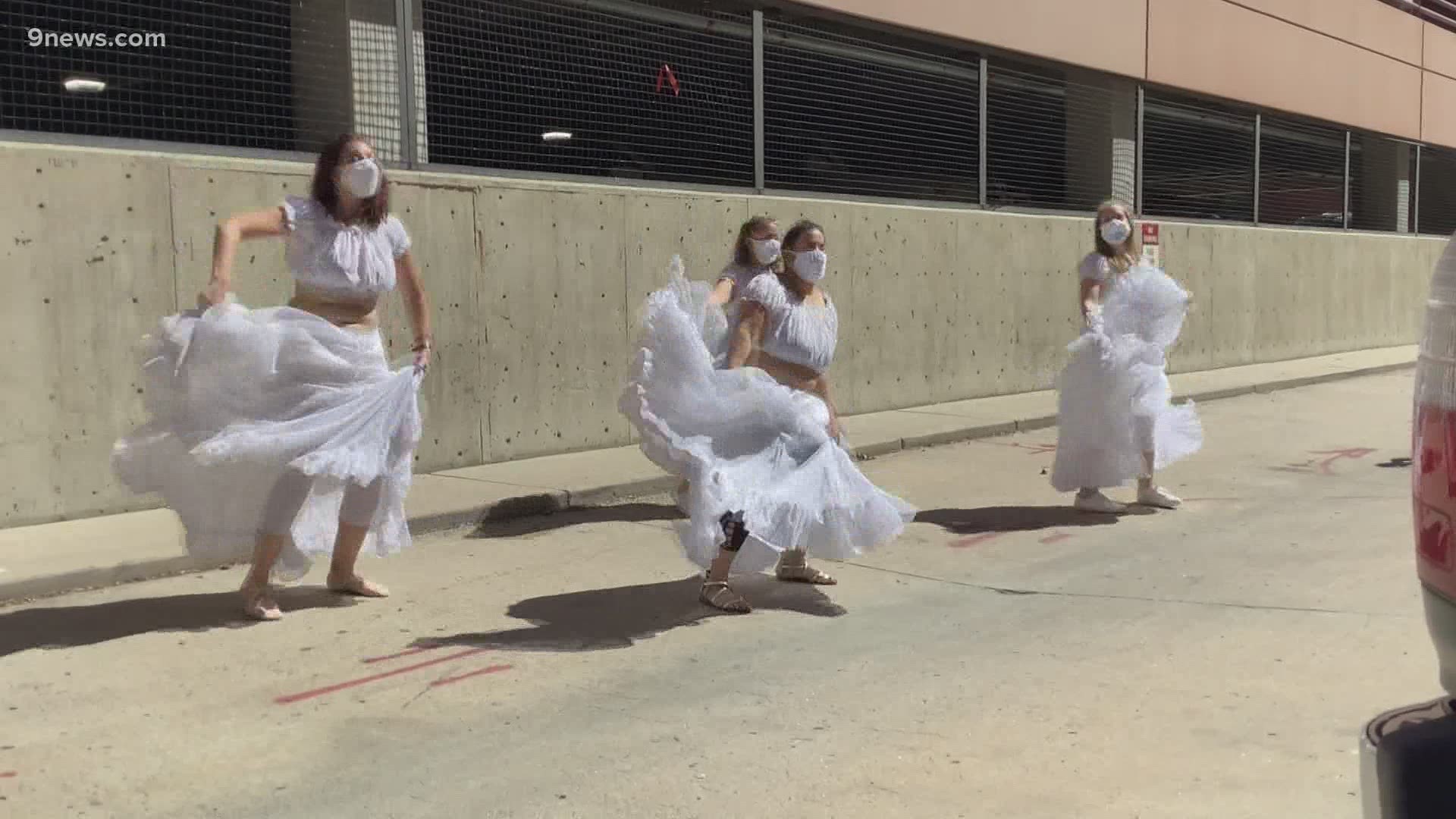COLORADO, USA — Boston University researchers have new evidence that the nation's Mental Health therapists are struggling with bulging caseloads, and many local health workers confirm the observations.
They said waiting lists for their services are growing, and the Boston study shows fully half of U.S. adults surveyed reported at least some signs of depression due, the researchers said, to the impact of the COVID-19 crisis and the financial difficulty, death and isolation it has caused.
The medical journal JAMA Network Open published the study.
The researchers said that the recent results are double the rate of mental health difficulties as compared to a survey done just two years ago.
Mental health professionals at the Jefferson Center in Lakewood said they too are swamped.
"Certainly people are suffering with a lot of different stressors right now. It's incredibly tragic," said Kiara Kuenzler, president and CEO at the Jefferson Center.
Kuenzler supervises some 600 staffers at the Jefferson Center, all dedicated to serving those with mental health issues.
She said that in addition to the damage done by the loss of a loved one, the isolation piece of the COVID-19 puzzle has been especially harmful.
RELATED: Taking care of your mental health now, during quarantine, can build resiliency for the long haul
"We know that people who experience significant and prolonged isolation can have increased risks of early mortality, much higher risk of things like heart disease, dementia, stroke, as well as other mental health conditions like anxiety and depression," Kuenzler said.
Kuenzler added that while it's not like putting a band-aid on a cut, she and her colleagues do see a recovery coming.
"As mental health professionals, we really believe in the power of resilience," Kuenzler said. "Humans have the capacity to undergo extreme stress and bounce back from that, and this is no different."
However, not everyone will recover at the same rate, she said.
"Young children are resilient," she said. "Young children might experience some temporary stresses as a result of this, but they are incredible in their ability to just adapt and bounce back.
"And [for] older adults, this can be a particularly hard and isolating time for them. And yet, they've been around the block and they know how to get through tough times. It's not the first hard time for many older adults. But for that middle age parent category, it's really a tough one."
Kuenzler said a vaccine will put us back on the path to normalcy, but until then, we need to be vigilant. "It's just critical that we focus on social connection," Kuenzler told 9News.
More on this story, including additional interviews with the Jefferson Center’s Kiara Kuenzler and her colleagues, can be found here.
“Let’s Talk with Mark Koebrich” is a program produced by the government access channels in Arvada and Lakewood.
RELATED: Economic recovery amid the COVID-19 pandemic may come from an unlikely place — dentist offices
SUGGESTED VIDEOS: Senior Source

